#god my tags are so long
Explore tagged Tumblr posts
Text
I've been thinking a lot lately about how Kabru deprives himself.


Kabru as a character is intertwined with the idea that sometimes we have to sacrifice the needs of the few for the good of the many. He ultimately subverts this first by sabotaging the Canaries and then by letting Laios go, but in practice he's already been living a life of self-sacrifice.
Saving people, and learning the secrets of the dungeons to seal them, are what's important. Not his own comforts. Not his own desires. He forces them down until he doesn't know they're there, until one of them has to come spilling out during the confession in chapter 76.
Specifically, I think it's very significant, in a story about food and all that it entails, that Kabru is rarely shown eating. He's the deuteragonist of Dungeon Meshi, the cooking manga, but while meals are the anchoring points of Laios's journey, given loving focus, for Kabru, they're ... not.

I'm sure he eats during dungeon expeditions, in the routine way that adventurers must when they sit down to camp. But on the surface, you get the idea that Kabru spends most of his time doing his self-assigned dungeon-related tasks: meeting with people, studying them, putting together that evidence board, researching the dungeon, god knows what else. Feeding himself is secondary.
He's introduced during a meal, eating at a restaurant, just to set up the contrast between his party and Laios's. And it's the last normal meal we see him eating until the communal ending feast (if you consider Falin's dragon parts normal).
First, we get this:
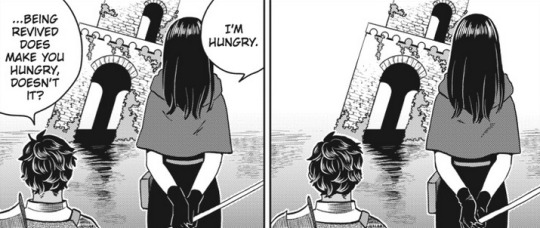
Kabru's response here is such a non-answer, it strongly implies to me that he wasn't thinking about it until Rin brought it up. That he might not even be feeling the hunger signals that he logically knew he should.
They sit down to eat, but Kabru is never drawn reaching for food or eating it like the rest of his party. He only drinks.

It's possible this means nothing, that we can just assume he's putting food in his mouth off-panel, but again, this entire manga is about food. Cooking it, eating it, appreciating it, taking pleasure in it, grounding yourself in the necessary routine of it and affirming your right to live by consuming it. It's given such a huge focus.
We don't see him eat again until the harpy egg.
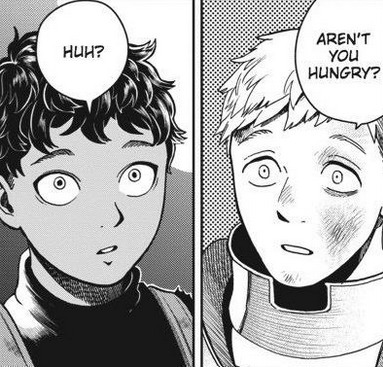
What a significant question for the protagonist to ask his foil in this story about eating! Aren't you hungry? Aren't you, Kabru?

He was revived only minutes ago after a violent encounter. And then he chokes down food that causes him further harm by triggering him, all because he's so determined to stay in Laios's good graces.
In his flashback, we see Milsiril trying to spoon-feed young Kabru cake that we know he doesn't like. He doesn't want to eat: he wants to be training.


Then with Mithrun, we see him eating the least-monstery monster food he can get his hands on, for the sake of survival- walking mushroom, barometz, an egg. The barometz is his first chance to make something like an a real meal, and he actually seems excited about it because he wants to replicate a lamb dish his mother used to make him!
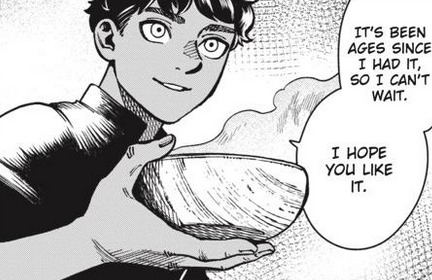
...but he doesn't get to enjoy it like he wanted to.
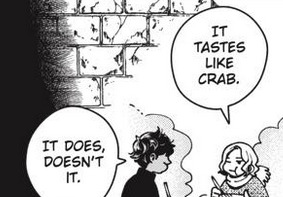
Then, when all the Canaries are eating field rations ... Kabru still isn't shown eating. He's only shown giving food to Mithrun.

And of course the next time he eats is the bavarois, which for his sake is at least plant based ... but he still has to use a coping mechanism to get through it.
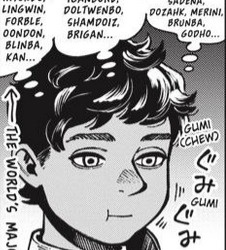
I don't think Kabru does this all on purpose. I think Kui does this all on purpose. Kabru's Post Traumatic Stress Disorder should be understood as informing his character just as much as Laios's autism informs his. It's another way that Kabru and Laios act as foils: where Laios takes pleasure in meals and approaches food with the excitement of discovery, Kabru's experiences with eating are tainted by his trauma. Laios indulges; Kabru denies himself. Laios is shown enjoying food, Kabru is shown struggling with it.
And I can very easily imagine a reason why Kabru might have a subconscious aversion towards eating.


Meals are the privilege of the living.

#Dungeon Meshi#Delicious in Dungeon#Kabru#Kabru of Utaya#Laios Touden#Dungeon Meshi meta#you can have him in the tags too. as a treat.#Dungeon Meshi spoilers#this was directly inspired by livelaughlaios's post about Kabru self harming but I decided it got too long to make it a direct reply#this is a theory I've been working on for weeks because I kept noticing this while skimming for screencaps#I'm hesitant to trigger tag this because of the way certain subcultures on tumblr operate#but if anyone needs me to add a content warning please let me know#also I included image descriptions! I did my best#I think they even help illustrate my points but my god were they sad to write. Kabru is so fucking sad you guys#musings with Dea
17K notes
·
View notes
Text


@strangeravatar made a great point
i was gonna focus on the spike-hotboxing-celestia aspect but i got distracted somewhere along the way and i think i forgot what joke i was trying to make
but dont you think its interesting how many guards of the exact same color/body type she's managed to accrue?? i do
ooohh you want to go look at our stickers so bad
#conclusion: if one of them smokes weed they BOTH get high#but it's a baby's metabolism vs a sun god's so if CELESTIA is zooted spike is DEAD#i also like to imagine rainbow dash becomes quite the philosopher while under the influence#and yes their bong IS zecoras potion bottle from season 4 episode 1/2 thanks for asking#anyways#this is a long ass comic with. minimal payoff. but we're POSTING IT ANYWAY BABES#i couldnt decide if it would be funnier to have zephyr breeze at the end or one of those regular white blue-haired blue-eyed stock guards#i left it as zephyr. the real ones get it#i guess the real ones are everybody who saw season 9 episode 4#but cmon why ELSE do you think celestia would hire that guy#it's cause she's a freak and im calling her out on my tumblr dot com#mlp#mlp fim#mlp friendship is magic#mlp g4#mlp fanart#princess celestia#princess luna#rainbow dash#fluttershy#spike the dragon#zephyr breeze#horse comic#me art#also that font is one i made based off my own handwriting!! im so happy about it#though it does look. exactly like comic sans#idk how to feel about that tbh#wow you can just talk to yourself in the tags forever and no one will even know huh
5K notes
·
View notes
Text
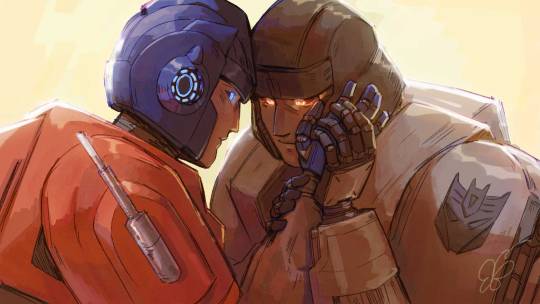
i love normal guys doomed by the narrative
#either that or hilariously dysfunctional or both#tf one#orion pax#d 16#megop#megatron#optimus prime#my art#saw one post pointing out in the trailer that a like5 frame shot of megatrons cannon that was snuck between their mahoushoujo type transfor#mations and like.messed up deeply messed up u see how goofy best friends orion and megsy are theyre just silly guys but in every telling of#their story they always end up enemies ok like in a meta multiverse hopping way think about it.like oh my god prewar tfp megop was already j#juicy and earthspark divorced-remarried megop is like.RGHFH tf one is going to destroy me bc this is what they had Before do u get me#before the war before they fell apart before friends became enemies and hands were stained before the beginning of the end im so so normal#like ok.this silly tight goofy buddy dynamic thats shown in tf one so far is.is what they had before. its what they could have kept if only#if only things turned out differently. but in every world optimus prime and megatron end up leading opposite sides of the bloodiest war ever#ok.its a universal fact and everyone who knows any transformers knows this BUT THE CHARACTERS DONT THEYRE POWERLESS TO PREVENT IT#ill clean up these tags in the morning but like im so.so normal about fictional robot guys#anyway i was intending to draw a background for this but i got lazy and also spent too long on the hands!!!!so whatever
6K notes
·
View notes
Text





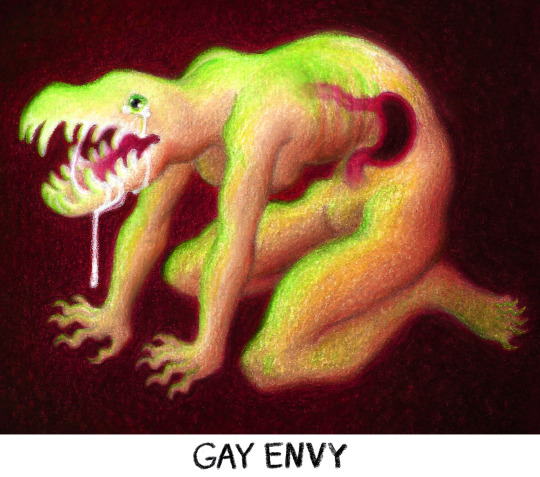

The 7 Deadly Sins
bonus art: i felt like the gay wrath drawing looked a bit like an old gay liberation poster :)

#ask to tag#god these took so long you have no idea lol#im gonna put all these up on my redbubble eventually#gluttony doesnt just refer to food its any kind of overindulgence#art#illustration#colored pencil#marker#wlw#wlw art#lesbian#lgbt#body horror#blood#artistic nudity
13K notes
·
View notes
Text
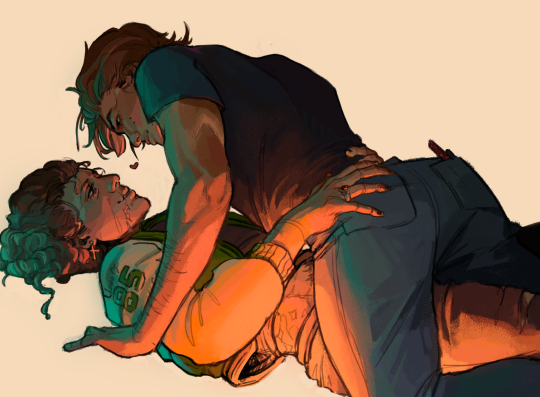
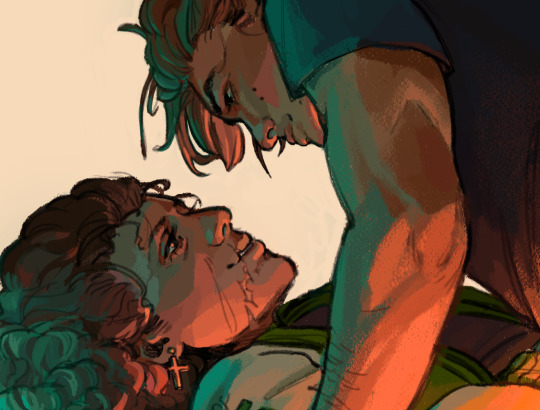
#yall have no idea how long it took to do the colors on this#i feel like my brain melted out my ears#but im SO happy with this theyre so cute god#my art#stranger things#steddie#steve harrington#eddie munson#st fanart#steddie fanart#please rb with tags they make me so so so happy and i screenshot them and show my friends and its so cute
5K notes
·
View notes
Text
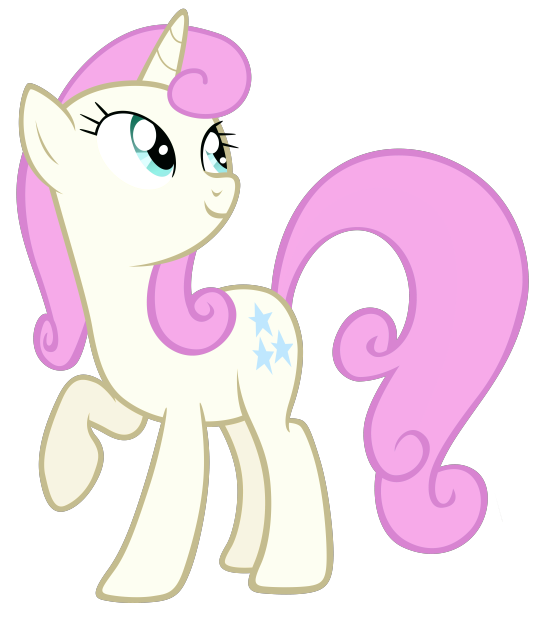

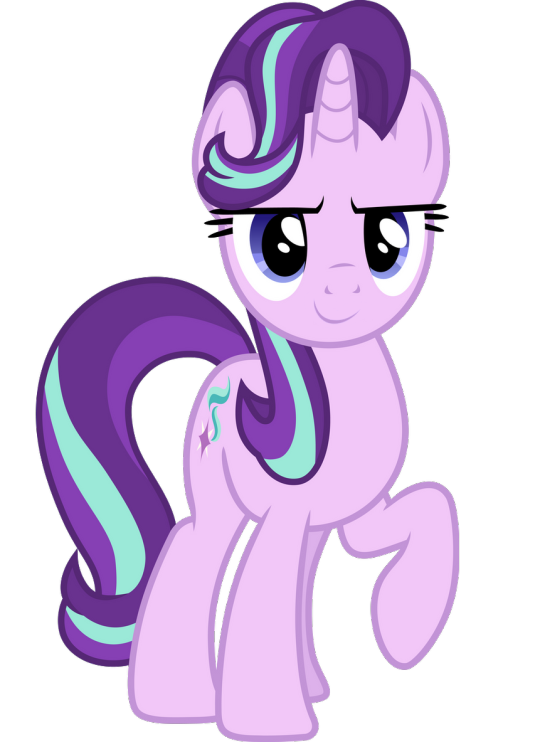

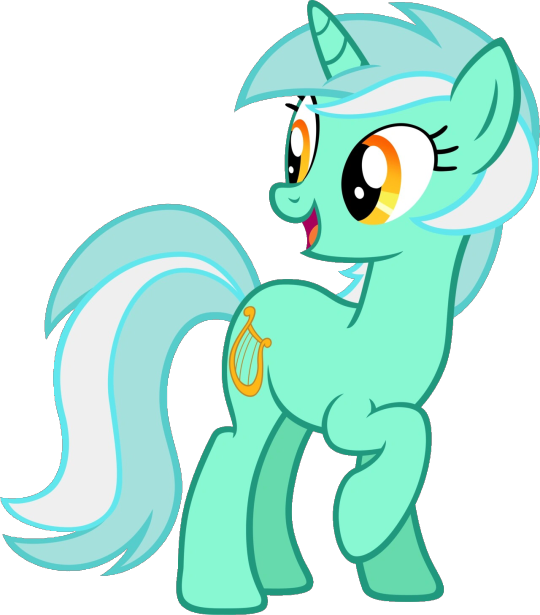

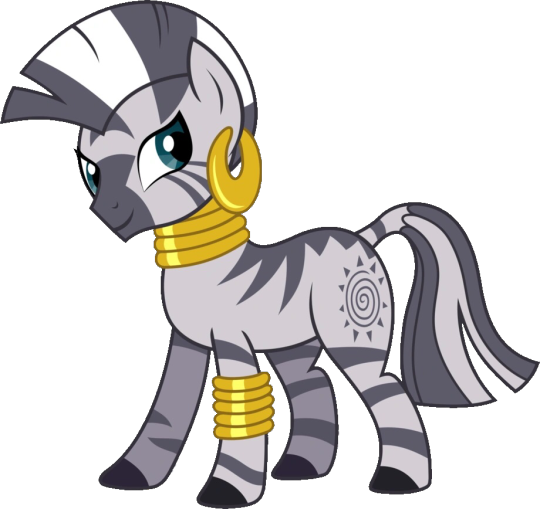
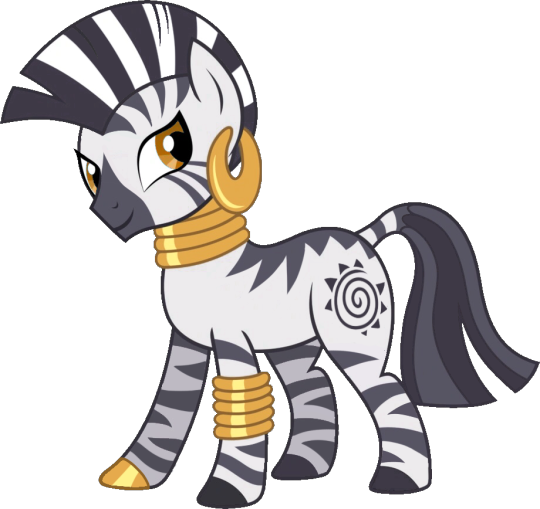

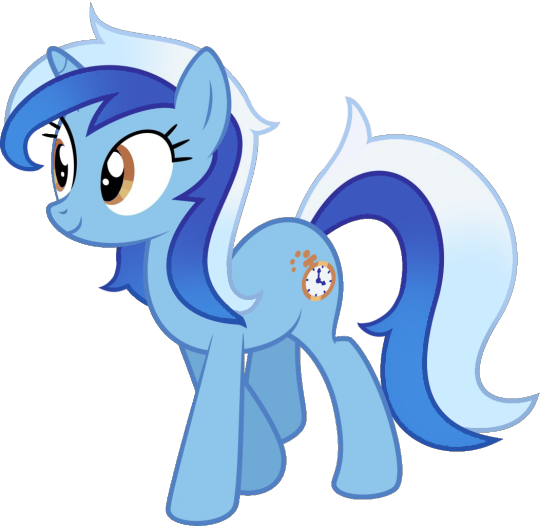

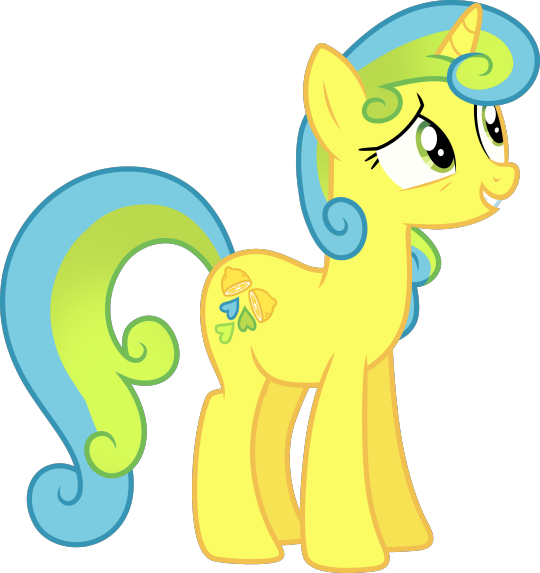
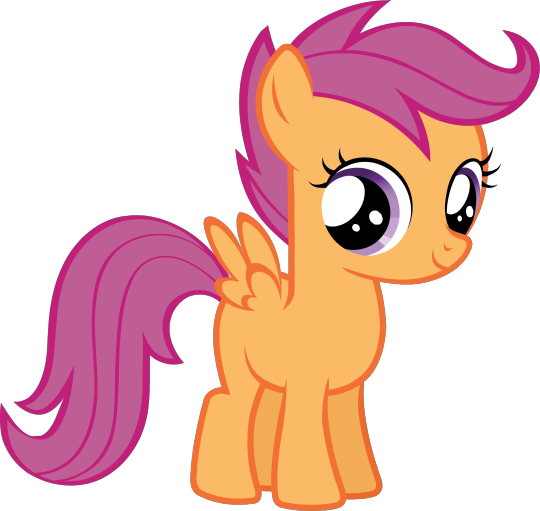
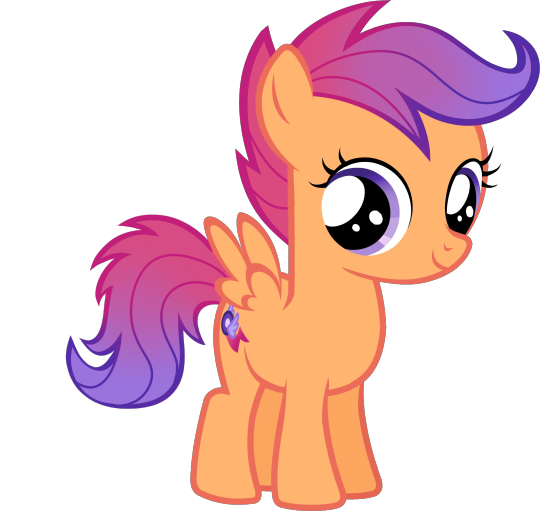
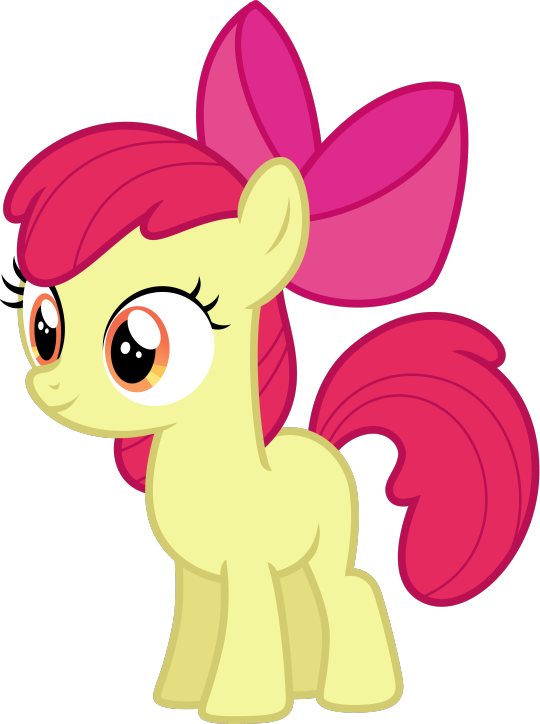
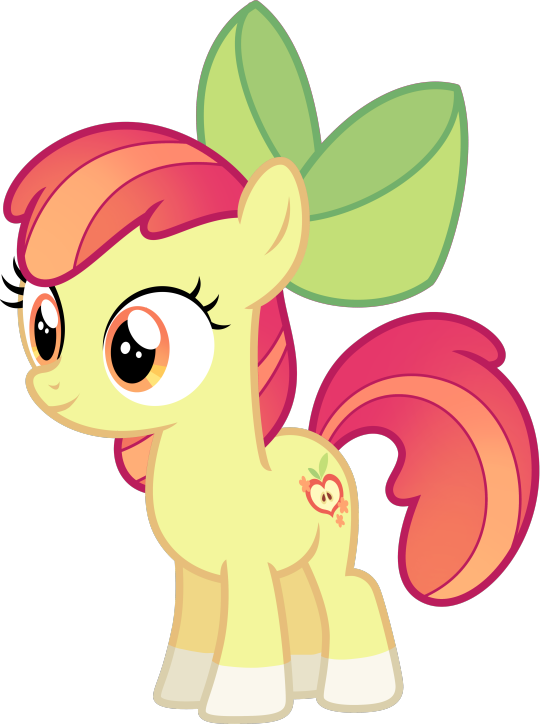
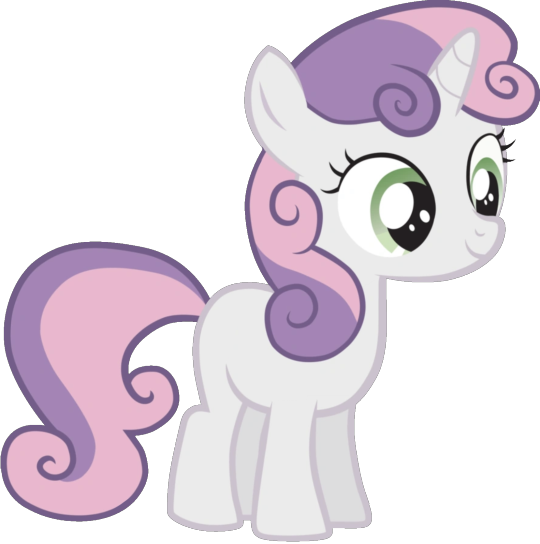

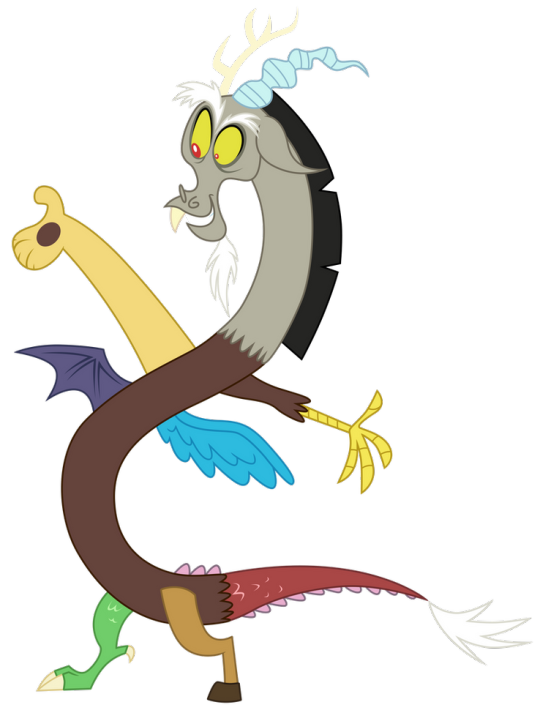
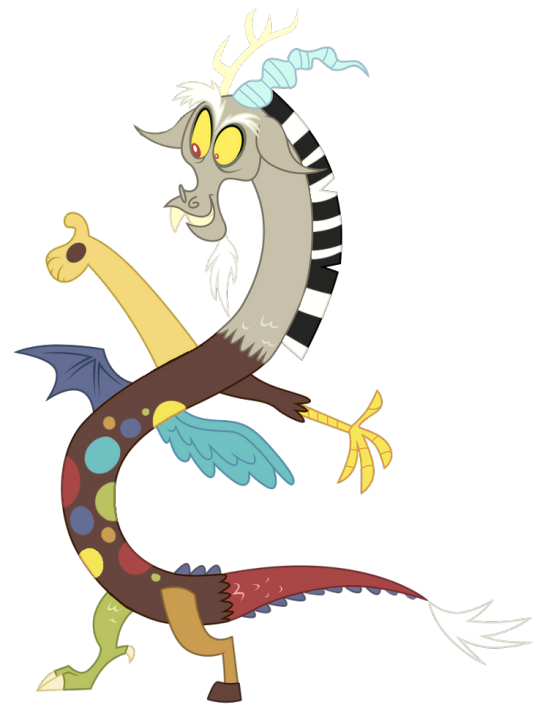
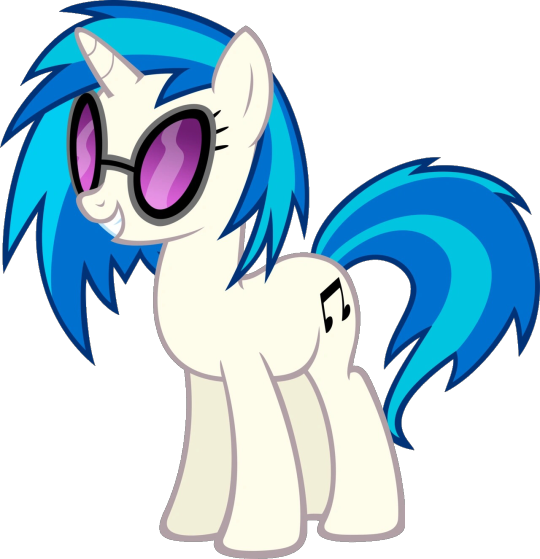
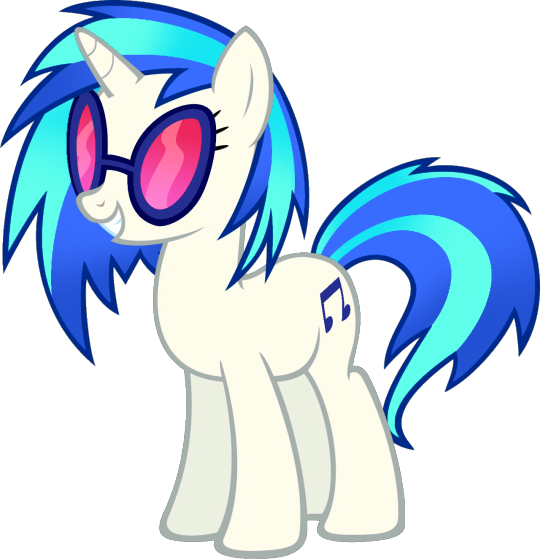
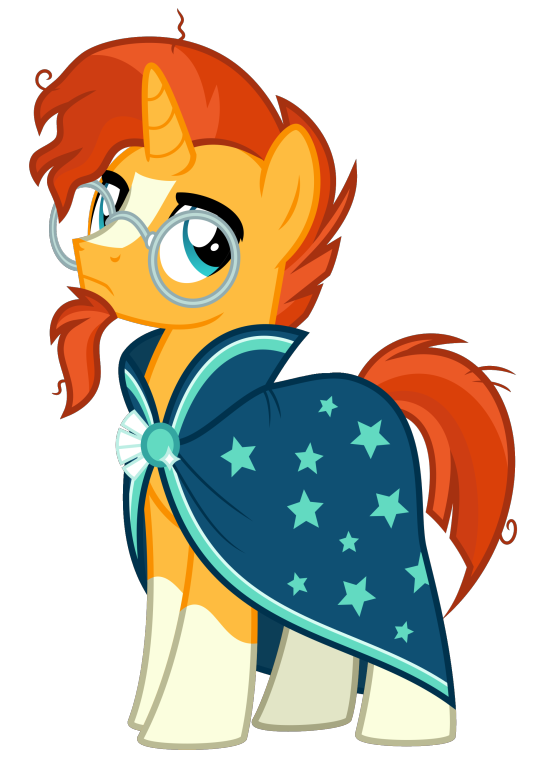
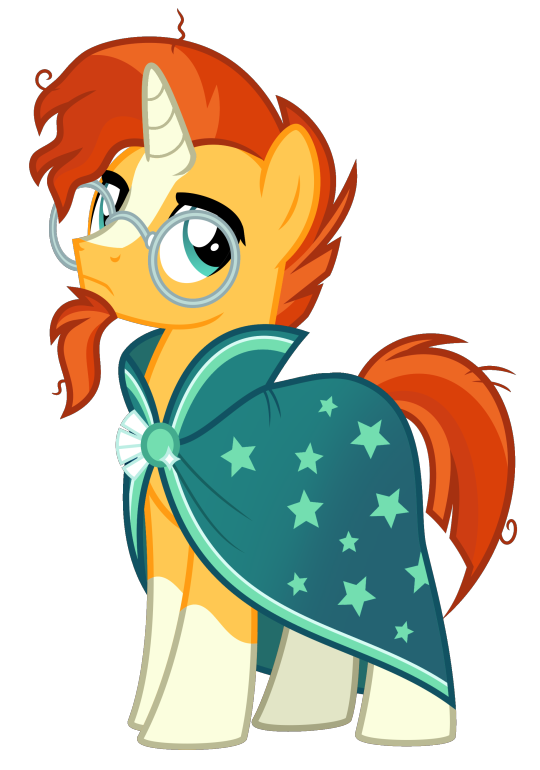
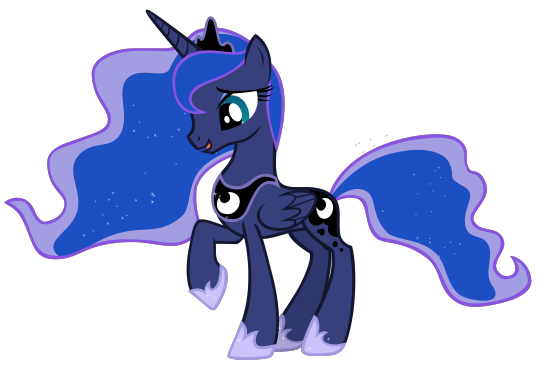
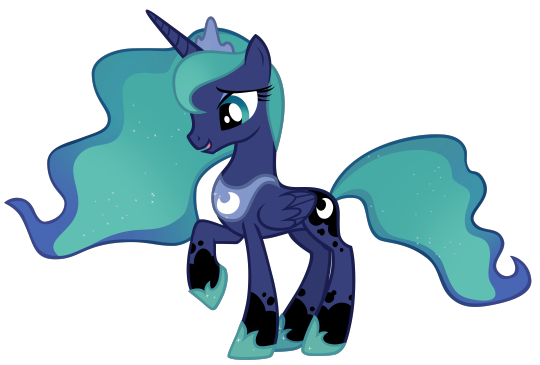
TEN GAZILLION PONY ATTACK!!!!! this is a part 2 of my subtle animation-friendly redesigns!!! I only made changes that could have happened in the show. hair gradients can be seen in cadence, and white markings on sunburst, for example.
feel free to ask me questions about the design choices!! (just mentioning: I love the CMC's actual cutie marks, just wanted to try designing individual ones this time around!) Part 1 with the mane 6!
#mlp#my little pony#twinkleshine#lemon hearts#minuette#mlpfim#mlp fim#mlp g4#princess luna#luna mlp#sunburst mlp#mlp redesign#starlight glimmer#vinyl scratch#discord mlp#cutie mark crusaders#sweetie belle#apple bloom#scootaloo#SO MANY TAGS. DEAR GOD#lyra heartstrings#zecora#mlp gen 4#mlp designs#some of the outlines might be a bit crunchy!!! it was difficult to find transparent vectors for some of these guys#long post#hi scary amount of followers. ponies happening to you okay?
3K notes
·
View notes
Text

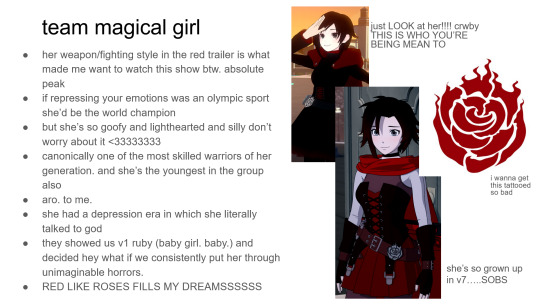


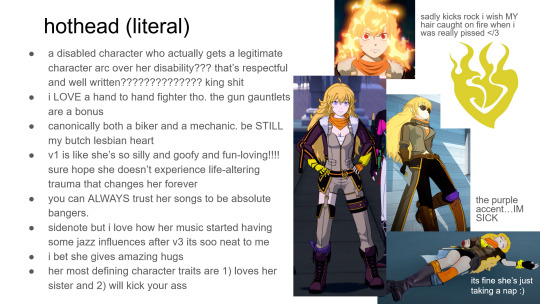












finally made rwby meme slides. after like a literal fucking decade
#winter speaks#meme slide tag#this is my favorite show on earth that i have loved for over a decade so it was hard putting all my feelings about it onto slides.#however i will always be committing to a bit so woe meme slides be upon ye#rwde enjoyers dni this is a happy space. take my hand.#rwby#i am NOT tagging all these characters. god bless.#sorry the post is so long </3
3K notes
·
View notes
Text
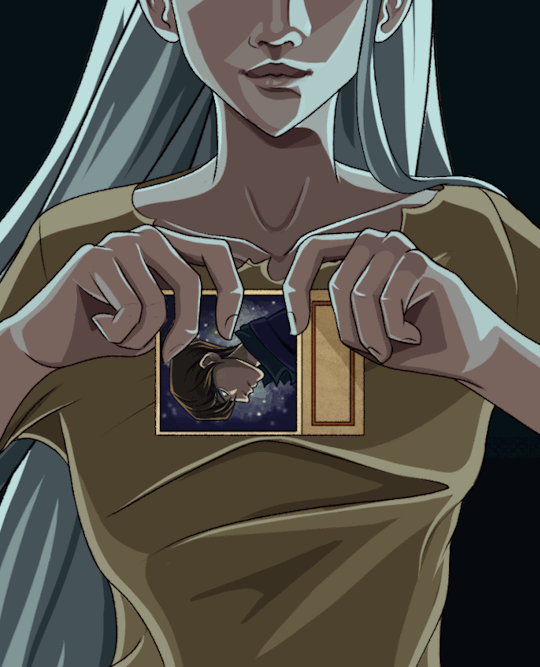
Covenant
#yugioh#ygo dm#kisara#seto kaiba#kaiba seto#ygo#GET HIM BABY <3#this is my ideal blueshipping dynamic. btw#sometimes a super cool powerful dragon is soulmates with a little asshole. and you gotta rip him in half a bit#its for his own good trust me#but it's ok with me if you interpret this as mortal enemies doomed to rip each other up over thousands of years through every reincarnation#zelda ganon link style#also good god why did i do this it took so long and i got so insane about every frame#I LEARNED A LOT YEE HA#watch me actually look up how to do animation and realize i did everything in the worst slowest possible way#art tag
2K notes
·
View notes
Text







hermit+ pairing request doodle dump of varying quality

from top to bottom: grumbo, treebark, pearl/cleo, scardubs x3, mumbo/cub, (treebark)
#i really ran out of steam by the end but i really wanted to do everybodys requests!!!!!!!!#this is my excuse for the very mixed bag of pieces#kostik draws#hermitcraft#hermitcraft fanart#hermitshipping#trafficshipping#rendog#inthelittlewood#martyn littlewood#renthedog#grian#mumbo jumbo#goodtimeswithscar#gtws#gtwscar#bdoubleo#bdoubleo100#zombiecleo#pearlescentmoon#cubfan135#god what a HEAP of tags#never ask me to draw anything but scarian ever again#fanart#sorry took so long to post i wanted to redraw one but had a flashback#so ill just post as is#im not drawing anymore today
2K notes
·
View notes
Text
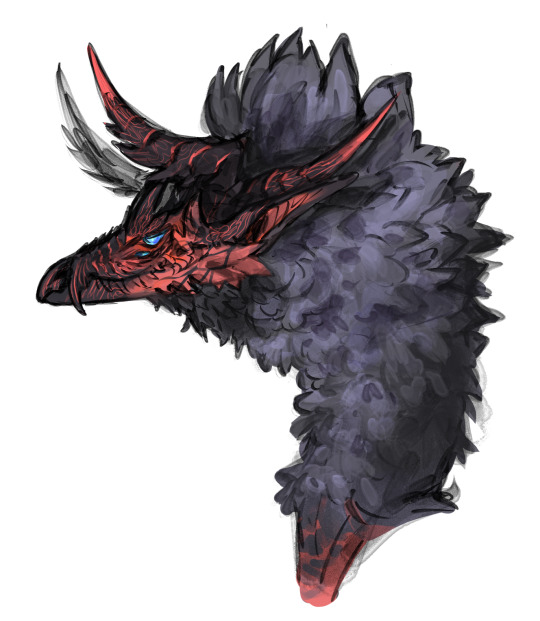
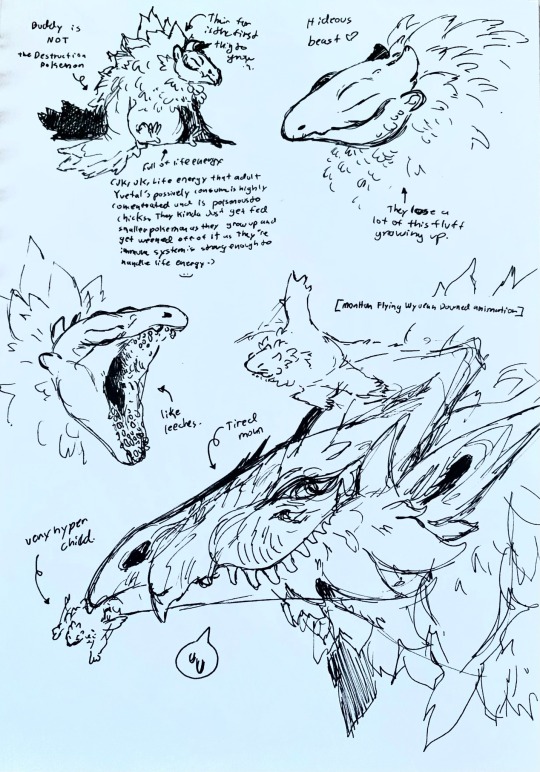
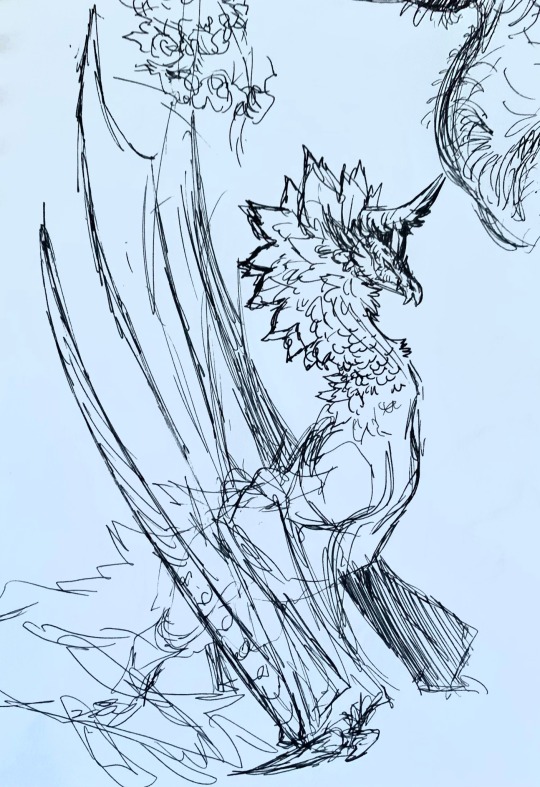
Some Yveltal sketches (curated from my main blog, there's some lore in the tags if you're interested.)
#Feel like my pokemon followers here would enjoy some good eats.#Yveltal are very dedicated parents. They sometimes care for the chicks even long after they've fledged.#But they have some god awful sight and don't have the best of scent receptors.#Adult Yveltal don't eat in the traditional sense. They don't need to hunt or scavenge. They passively consume the life force of the well. L#So over time those senses have just degraded.#Which leads them very vulnerable to brood parasitism.#A pokemon whose chick is black and red can easily be passed off as a Yveltal chick.#Due to this their population is horrifically low.#Legendary as they are. They aren't that well off considering how things are going.#my art#pokemon#Yveltal#Pokémon but worse!#Pkmn#Pkmn fanart#pokemon fanart#pokemon art#pokemon XY#pokemon yveltal#all the tags buster.
1K notes
·
View notes
Text
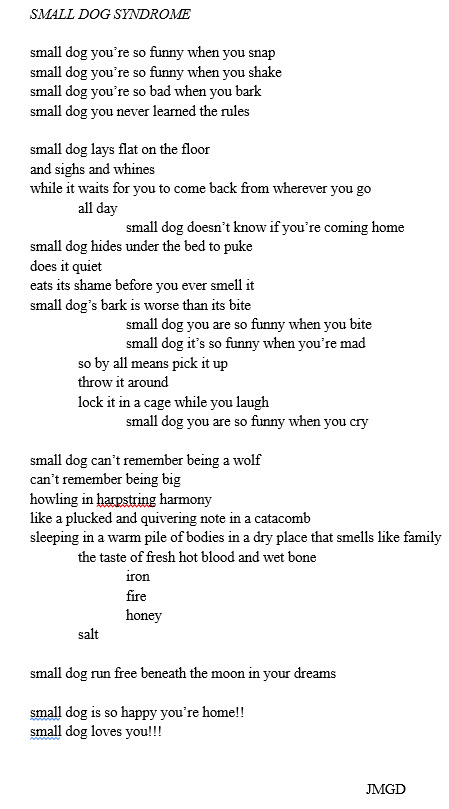
text transcribed under readmore
SMALL DOG SYNDROME
small dog you’re so funny when you snap small dog you’re so funny when you shake small dog you’re so bad when you bark small dog you never learned the rules
small dog lays flat on the floor and sighs and whines while it waits for you to come back from wherever you go all day small dog doesn’t know if you’re coming home small dog hides under the bed to puke does it quiet eats its shame before you ever smell it small dog’s bark is worse than its bite small dog you are so funny when you bite small dog it’s so funny when you’re mad so by all means pick it up throw it around lock it in a cage while you laugh small dog you are so funny when you cry
small dog can’t remember being a wolf can’t remember being big howling in harpstring harmony like a plucked and quivering note in a catacomb sleeping in a warm pile of bodies in a dry place that smells like family the taste of fresh hot blood and wet bone iron fire honey salt
small dog run free beneath the moon in your dreams
small dog is so happy you’re home!! small dog loves you!!!
JMGD
#my writing#spilled ink#spilled poetry#idfk how to tag this#poetry is not dead#words words words#ok to rb#this has very minimal editing and i havent written shit in a long long time now so be nice to me for the love of god
4K notes
·
View notes
Text

find another role, carry on the show
#EDIT IT DIDNT SAVE MY TAGS. hey so this post got a thousand notes huh. interesting. surely nothing will change#i'll leave all the old tags. for my thought process. and its kinda funny#take a bow stupid idiot (throws a tomato at them)#in stars and time#isat#siffrin#siffrin no middle names no last name ദ്ദി ˉ͈̀꒳ˉ͈́ )✧#... or is it. Smiles#i'd like to draw mira for her birthday but um (hasnt open artfight website in a few days) im scared.#also i have NICE ASKS TO ANSWER.... But im scared. give me a minute#Uawaaaaagh i drew this bc i was trying to animate a little bit but it just . Didnt look good. im not good ag 2d animation#tch. ill keep trying cause there ar e way too many songs that and now about isat because i have brain worms. i need amvs.#IM SCARED TO POST THINGS THAT ARE SPOILERY BECAUSE I WANT MY FRIENDS TO PLAY ISAT. BUT.#isat spoilers#in stars and time spoilers#sasasap#sasasa:p#WHAT IS THE PROLOGUES TAG.#tshirt that says 'i <3 killing the image in the mirror and taking its place' on the fromt#and a list of megan thee stallions tour dates on the back. お金稼ぐ俺らはスター#Im kind of tempted to edit this to be the versiom with the eyes. or maybe twt can have that. or. well#all of my friends are on twt (trombone slide sfx) so maybe thats where i should worry about spoilers.#ill see if i want to slap an eyepatch on them in the morning#Im one of those people who was like idgaf about twohats (lets it simmer for a week) Oh my god. Oh my god. Ohmy god#EDIT. i swapped it out for the Eyes version it should be fine as long as its tagged formspoilers right...#ill post eyepatch vers on twt partly bc spoilers but also ppl over there can be .. annoying ..... ....#i fear i would get 800 You Forgot The Eyepatch replies. PLEASE JUST SEE MY VISION.#[BANGING MY HANDS ON THE GLASS] HIS HAND. LIKE IN THE PROLOGUE. WHEN THEYE. HANDS. HELD[EXPLOSION
1K notes
·
View notes
Text

It's up wahhoo
#tma#jontim is in there if you squint#the magnus archives#i forgot what my tag is for writing my god its been so long
1K notes
·
View notes
Text

completely innocuous vash sheet :) fr practice
#my art#trigun stampede#trigun#vash the stampede#trigun vash#trigun stampede fanart#trigun fanart#vash fanart#STILL dont know the tags gomen ill do research one of these days#anyway . 4 gd days later hes finally done#here is what i am learning . i love his design sm. but jesus CHRIST#all the individual elements r so time consuming i want to tear my face off. im slowly getting more familiar w the arm but God.#im so peeved at how long this took but i am trying to cut myself some slack. remembering tht his design is a 24 hour endeavour#and i drew 4 of him#3 of which being fullbody 2 of which being foreshortened 1 of which being a Maid Dress#the price i pay fr self-indulgence.....the price i pay fr [redacted]#this started out as a treat fr me n it became my purgatory#but it is DONE and now i can look at vash in a maid outfit and tied up and jacket off turtleneck Out and shirtless and- *is shot dead*#anyway huge shoutout to mey rin black butler fr being the og Maid With Gun#stole the thigh bustle from a panel of her it was just too good#anyway take it enjoy the fruits of my labour enjoy him i am . exhausted.
665 notes
·
View notes
Text
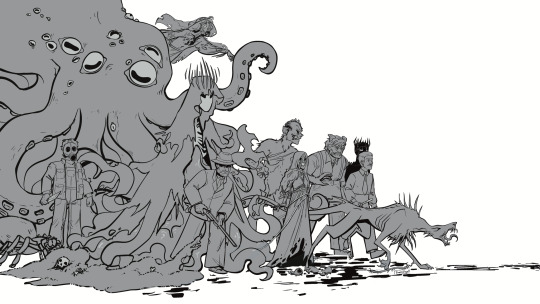

Careful boys, you’ve got a tail.
Commissions and Tip Jar
#this was originally supposed to be a print design but by god it got too long I’m sorry#I might still color this but by god the line work took so long#malevolent#malevolent podcast#my art#arthur lester#kayne malevolent#john doe#john malevolent#the king in yellow#there are too many characters I’m not tagging them all#I’ll tag#scratch malevolent#and#the butcher#collins malevolent#malevolent fanart#fan art#character design
3K notes
·
View notes
Text
Daisuke’s Death and the Invisible Abuse of “Privileged” Children
tw: extensive discussions of child emotional abuse
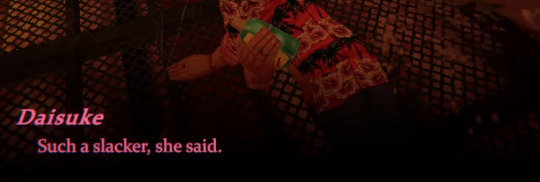
Another mouthwashing text analysis before I post any polished art? Shocker. But I really really appreciate the reception on my Swansea post, especially as a new account! This Daisuke-centric analysis is gonna be a quick one (< this was a lie. long read ahead!) but he is a character who resonates deeply personally with me as a victim of abuse that looked very much like his own. I do plan on doing a larger analysis of his character, but the abridged version necessary for this piece goes as follows:
Daisuke’s treatment in the narrative—both his implied home life and Jimmy’s taking advantage of him to go into the vent—is another one of this game’s excellent portrayals of normalized (and thus invisibilized) abuse. Children are often cited as one of the most vulnerable classes of people, if not the most vulnerable (I acknowledge that Daisuke is not a child, but Mouthwashing implies that this narrative of his inadequacy has persisted throughout his upbringing and, to this day, he is dictated tasks and lacks independence, treated like a dependent. His youth is also an undisputed feature of his character and, most importantly, the cast treats him like a kid). Children’s dependency on adults and our willingness as a society to accept that the adults in their lives provide the most objective perspective on these young people renders them particularly prone to abuse easily swept under the rug or “justified” by wardens who possess the power to dictate the narrative. Jimmy’s engagement with Daisuke is an extension of the latter’s vulnerability. The co-pilot’s assertion that “he’ll be fine (…) mommy and daddy have him covered” at the birthday party represents a deference to Daisuke’s parents as adequate caretakers who will ensure his longevity and comfort on the basis of their wealth. And we know that Daisuke’s parents think the same—the Q&As reveal that they believe they are doing the best to secure their son a good future. However, the same Q&As indicate that they don’t actually engage with or understand Daisuke’s interests and that their approach to parenting him is entirely understood through their personal beliefs, not those of their son. And Daisuke clearly carries that quite close to his heart. He seems to struggle with identity and acceptance, seeking validation in the form of praise. Daisuke is defined through what he can do for others and not what he independently brings to the table, because that has never mattered where he grew up. The consequences of his parents’ failure to meet his emotional needs ultimately conditioned Daisuke to be perfectly available to be taken advantage of in a corporate setting defined by capitalist attitudes and hierarchies.
While it’s not concrete to say that Daisuke grew up in an emotionally abusive household, it is most important that we cannot dismiss the possibility and that his behavior as the outcome of some obvious degree of neglect is well-aligned with this theory. Moreover, the young man who comes out of that household is easily targeted by Jimmy’s abusive tendencies as a direct result of what he internalizes growing up. Daisuke is apparently financially well-off (contextually we can’t be sure if Daisuke’s family is upper class, middle class, or somewhere in between), and with that comes privilege. Even the way he packs—multiple personalized outfits, entertainment devices, etc—reveal that he’s used to certain comforts and hasn’t yet acclimated to the harsh expectations of companies like the Pony Express. But, especially where young people are concerned, it is all too easy to allow this privilege to act as a curtain between abuse and the outside world. We can acknowledge the privilege and also recognize that it benefits his parents much more than it benefits him as a young person.
Emotional abuse is complex and extremely damaging and Daisuke *does* show symptoms of at least being constantly verbally accosted and emotionally neglected by his parents to the point of permanently warping his sense of self. It also generated his overreliance on authority figures to tell him how to keep himself safe in their world. His mother apparently insulted him to his face (“such a slacker, she said”, and being reprimanded for being too talkative [from the Daisuke teaser]), and a lot of his negative self talk (“total screw-up”, “fuck up”, etc) is reminiscent of how people define themselves by parroting what they are called after internalizing consistent externally-imposed definitions of their identity. While these are not surefire indicators of abuse and I am not willing to diagnose a situation as abusive purely predicated on these factors, the behaviors Daisuke exhibits as a result share many commonalities with those of victims of childhood abuse. In fact, just about every time Daisuke speaks about himself in Mouthwashing, he mentions his failures and his work. It’s not lost on me that the teaser for the whole character is him pondering his mother and how she might not recognize him if he isn’t noisy and obnoxious. He personally puts a lot of stock in their assessment of him as lazy and annoying, but nevertheless tries to accomplish learning through the internship. Furthermore, Daisuke takes on a lot of his mother’s pain, hoping she doesn’t blame herself for the negative things that happen to him (even though in the same scene he reveals that she’s the reason he’s on the stranded Tulpar at all), indicating that he has taken responsibility for the feelings of people in his life even when those people are not his to care for and even bear responsibility for his pain.
Now in young adulthood, Daisuke rarely seems to have any sense of self beyond his parents and his work aside from one-off quips about baseball and babes. It suggests that he has always had to prioritize his parents’ desires growing up to avoid being treated unfairly and even cruelly, stunting his self-discovery. In abusive situations, your understanding of safety and your pursuit thereof are radically impacted and we see this manifest in Daisuke’s continuing willingness to accept those in command as the pinnacle of safety over what one might consider logical, personal acts of self-preservation. He equates safety with obedience, and I contend that that equivalence suggests a lot about how his parents reprimanded deviance from their plans. And not to be that guy, but it is kind of outright cruel to dump your utterly inexperienced teenager-to-early-20-something on a 1 year, no contact, unsafe space voyage in a failing industry knowing that he doesn’t have the necessary skillset yet. That’s what his parents do when they aren’t satisfied with his progress, and it’s intense and disproportionate and alarming! Especially for the dependent! They toss him into the deep end of the corporate machine and insist he learns to swim in such an oppressive, stifling atmosphere. It’s no surprise that he drowns, especially when he himself can’t recognize this as an unrealistic expectation and tackles it with everything he’s got because his parents are theoretically always right about what he needs. I don’t think it’s a stretch to say that normalized emotional abuse from the home and how it maps onto a victim’s adult life is a topic Mouthwashing would endeavor to touch on, because visibilizing invisible abuses of power in heteropatriarchal capitalist schemes is arguably the central undertaking of the game.
I don’t think Daisuke has evil parents or anything, rather that what we accept as “good parenting” and “good mentorship” is often negligent with regard to emotional needs and can easily become a source of heavy trauma for the children and mentees if that emotional aspect is stretched too thin in the pursuit of success. Not all abuse is intentional, and the dev Q&As imply that Daisuke’s parents thought they were sincerely investing in his future. They cared, just not in the best way for his wellbeing. Because capitalism emphasizes the individualistic pursuit of success above all else, it’s no wonder that a parent would think that the best thing they can give their kid is an avenue to prosper financially. But in doing so, Daisuke’s parents deny him the opportunity to define himself, to experience agency, and to build up confidence. Effectively, they create a young man so vulnerable to abuse by higher-ups (a manifestation of abuse that is often intentional at the systemic level) that he decides to climb into that vent at Jimmy’s discretion under the pretense that he will make somebody proud. Because that’s how Daisuke has been raised to understand himself and his place—the presumed screw-up boy as a default, making you proud by doing the right thing, who has learned to pursue that achievement to avoid the condescension and disproportionate backlash (e.g. the internship itself) that comes with failure. Everything circles back to his parents’ expectations that he makes for a good worker. When the cocktail knocks Swansea out, Daisuke makes an offhand comment about getting a bad reference—even in the most dire of circumstances, he can’t stop thinking about their capitalistic expectations for his “good” future.
I find that Daisuke really is such a good subtle portrayal of how parents with resources can get away with emotionally stunting their children because we perceive their ability to put a roof over their heads, food on their plate, etc as adequate parenting and even a privilege for the child when it should be the bare minimum. Jimmy certainly buys into it, and even some of the fandom parrots that, really and truly believing Daisuke is some good-for-nothing kid who doesn’t try hard when all we see is him working, including climbing into the vents to try and help despite not being assigned the work (foam scene, not his death). I find this reception shows how inclined we are to accept those narratives of the privileged child’s inadequacy before we address the parent for not fulfilling a child’s emotional needs, which are just as important if not more than the material.
To wrap this up with a quick discussion of the symbolism of his death in the context of the emotional abuse of children (which is the reason I made this whole post but I can’t talk about this guy without going off): Daisuke getting so badly injured trying to do what’s right is a very physical manifestation of the suffering he was already going through. It is the pain of constantly people-pleasing and of holding it all in when he’s lashed out at. He gets injured at all in the pursuit of appeasing Jimmy and (theoretically) Swansea, both of whom he blindly trusts despite how they treat him because he has always been expected to just adhere to the adults with authority in his life. Being talked down to by them is not new and has never been a reason to question their judgement. Daisuke sees this as a product of his own inadequacy as implied by other people, and not of external cruelty. He was raised not to question the system for fear of repercussions.
Jimmy is perfectly situated to coerce him into a dangerous situation because Daisuke has never been taught to say no. The safest option for a scared child is to trust their mentors, and an adult Daisuke does just that. Even Swansea’s teachings of safety are dismantled by Jimmy’s tactical use of captainhood to break the camel’s back. Authority. Daisuke must always listen to authority. Jimmy knows the vent isn’t safe. Swansea tells him directly and he observes the foam incident (if from a distance). For as much as he acts like he cares about taking responsibility for Daisuke’s safety, his individualistic pursuit of “fixing” things manifests in Jimmy again taking advantage of a vulnerable person on the ship. Jimmy doesn’t reconcile Daisuke’s eagerness to help with lessons on safety like Swansea does, but rather uses it only when it benefits him. Daisuke is taught by his upbringing to accept this kind of treatment—for safety, defer to the leader in the room even if it hurts and you don’t want to do it (just like he didn’t want to be on the Tulpar in the first place).
Then, once the intern is out of the vent and mortally wounded, Jimmy applies the mouthwash (a product to be sold, hauled in the interest of the corporation) to “help” sanitize the wounds. But the sugar content negates medical utility and only worsens the pain. We can interpret this as the application of material privilege, “sweetness”, that wasn’t actually any help at all to solve the deep wounds left by emotional pains. Mouthwash rids you of the bad taste but doesn’t kill all the underlying germs. One could argue further that in this scene, the mouthwash is specifically representative of the Pony Express internship: a rare stepping stone in the corporate hustle gained through privilege and presented as a boon. Like the mouthwash, the internship is imposed on Daisuke to try and “help” him succeed and be better, but it only elevates the pain by irritating the wounds and ends in his agonizing demise. However, this fine-tuned comparison isn’t necessary to my point. I find the broad implications of the mouthwash as an antiseptic immensely representative of parents and caretakers who don’t seem abusive to the outside world but who are actually subversively hurting their children and ultimately conditioning them to be victimized by capitalist attitudes. Our deference to material comforts and corporate opportunities as indicators of wellness renders us blind to where caretakers fail to address the emotional needs of young people. At the end of the day, Daisuke is still killed by the values his parents have instilled in him. It’s always the “captain’s” (literal or figurative) orders that seal the deal and cut off any of his autonomous doubt or dictation (for example, his desire to listen to Swansea and not go in the vent). His parents’ symbolic and saccharine gestures mean very little in the scheme of creating a person who can survive the pressures of the “real world” when malicious actors (JIMMY.) and the capitalist enterprise as a whole bear down on the cracks of an emotionally taxing youth.

A/N: Maybe I’m thinking about all of this too hard, but the beauty of Mouthwashing is that I’m never quite sure that’s the case as this game feels so deliberate. Anyway, as somebody who has clinically diagnosed PTSD stemming from childhood, this has always been a really important analysis to posit and I finally found the time to put it into words. I feel like Daisuke as a symbol is often overlooked by the fandom. He’s enjoyed, yes, but not really broken down like the others are. That diminishing of his importance and his feelings about the situation also feels like a symptom of his age. But that’s neither here nor there—like I said, I believe I could do a much more in-depth analysis of Daisuke as a victim of subtle abuse but this will have to do for now. A lot of my major points have been made, anyway! Perhaps video format would be best for something longer-form. 🌺
#.txt 🌊#mouthwashing#mouthwashing analysis#daisuke mouthwashing#not tagging Jimmy but he’s mentioned here#mouthwashing game#oh my god this is so long I’m so sorry#I have an actual class essay to write but here’s daisuke mouthwashing I guess
427 notes
·
View notes